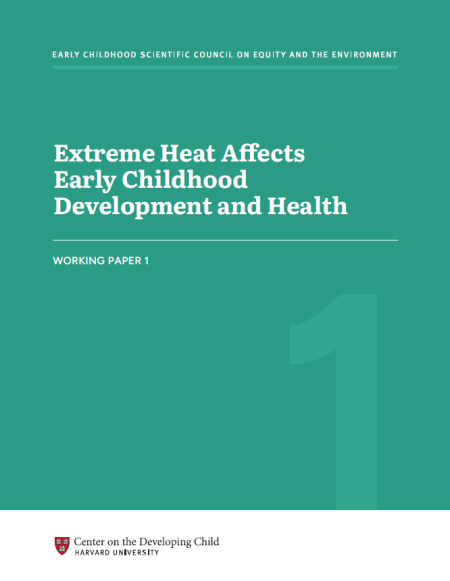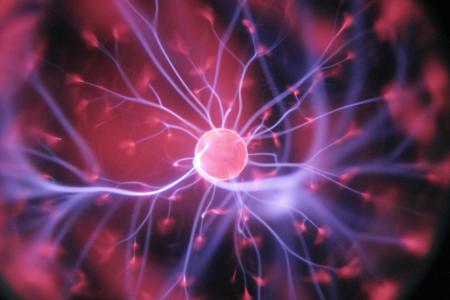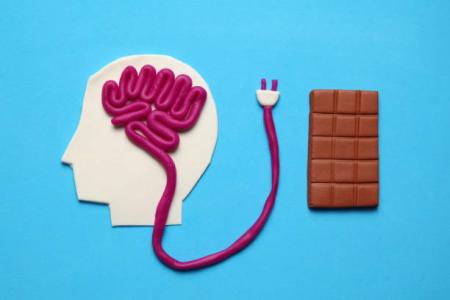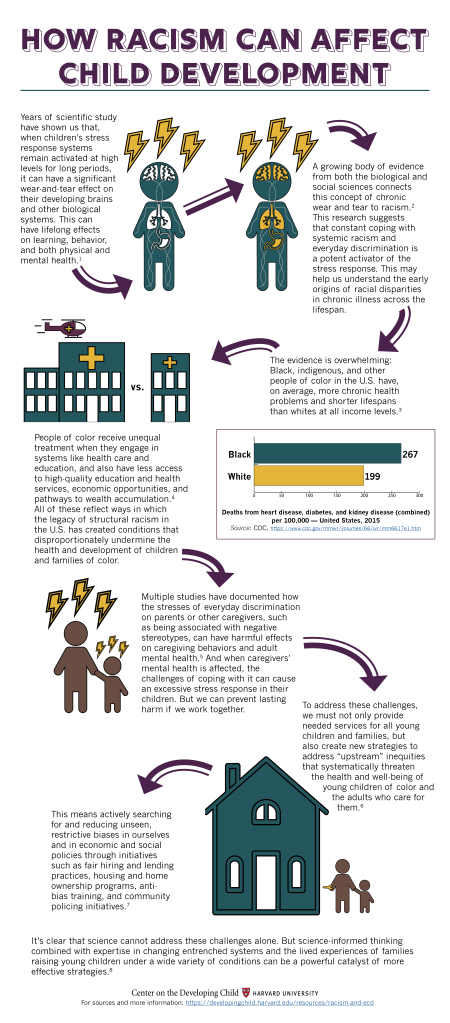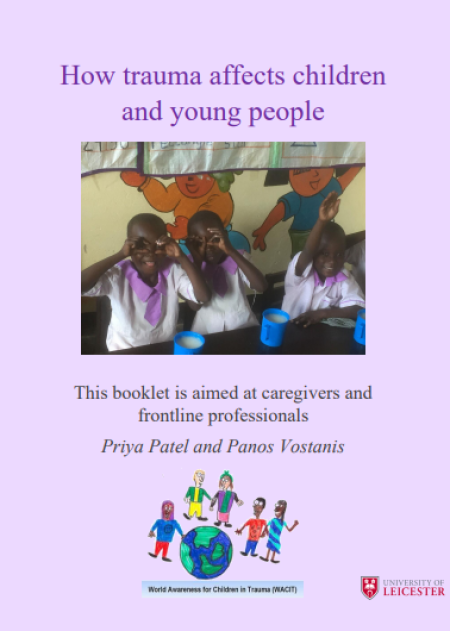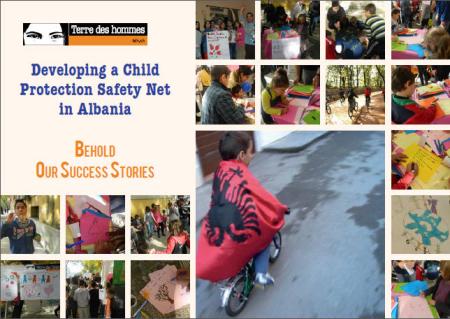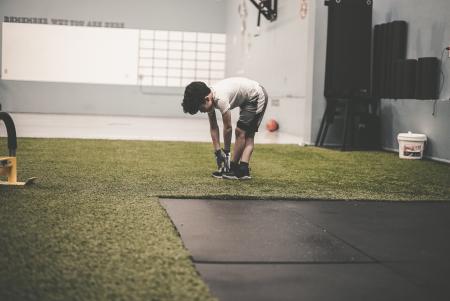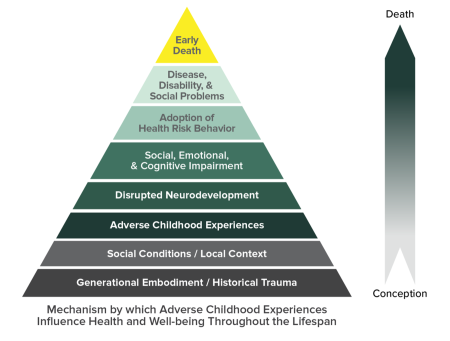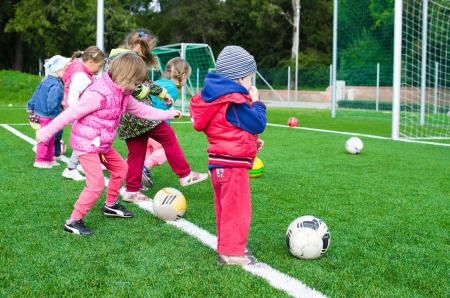
If people do understand child development and how it can be derailed by abuse or other adverse childhood experiences, they quickly see how the work done by services that support families can help and get a child back on track. Professionals who know these concepts have multiple ways of explaining them, which can be confusing and lead to silo working.
Due this NSPCC aims to create a shared and simple language around child brain development that can be used by all professionals, parents, carers and children. haring the Brain Story uses six key metaphors, developed by the Harvard Center on the Developing Child, the Alberta Family Wellness Initiative and the FrameWorks Institute.
Their booklet sets out six metaphors to explain early child development, to help people understand key concepts of child brain development and to be memorable over time and easy to repeat. Put simply, using these metaphors can boost our understanding of child development and increase support for ensuring children and young people have healthy development and grow up in supportive and loving families and communities.
The six metaphors, which are set out in more detail in this booklet are:
- Brain Architecture
- Serve and Return
- The Stress Metaphor
- Air Traffic Control
- Overloaded
- Tipping the Scales
You can watch a short animation below, which explains the core story of brain development (using these metaphors). There is also a short animation for each metaphor, and the links for these are included above.

You might like..


